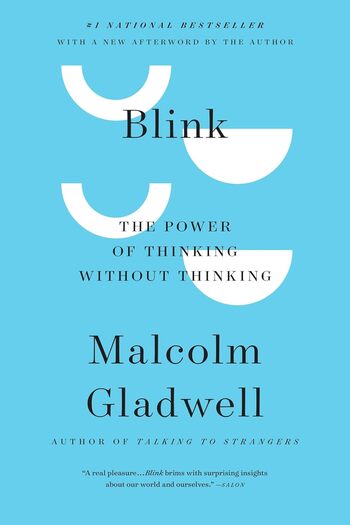
Scott Adams’s ‘Reframe Your Brain’ offers over 160 reframes, teaching readers how to transform negative experiences into positive ones. Through categories like Success, Mental Health, and Social Life, it guides the reader to create personal reframes.
Main Lessons
- 1. Reframing changes your perspective; it turns negative situations into opportunities.
- 2. Visualize imaginary mentors to guide your thinking and problem-solving.
- 3. Learn to identify and change unproductive thought patterns with science-backed techniques.
- 4. Small shifts in perception can dramatically improve your mental health and relationships.
- 5. Scientific evidence underpins many reframes, providing a rational approach to thinking.
- 6. Use reframes to accept life’s challenges as privileges, shifting obligation to opportunity.
- 7. Reframing criticism helps defuse its emotional impact—it’s just brain chemistry.
- 8. For lasting success, focus on actions rather than thoughts—they define who you are.
- 9. Create personal reframes using your own experiences and insights for tailored solutions.
- 10. Imaginary mentors can reveal insights by illuminating hidden answers within yourself.
- 11. Use reframes to turn routine activities into opportunities for personal growth.
- 12. Adams emphasizes the importance of practicing and experimenting with various reframes.
- 13. Failure isn’t final; it’s a learning tool to guide you toward future victories.
- 14. Embrace unpredictability with reframes to navigate life’s uncertainties effectively.
- 15. Adams advocates using reframes as a simple yet powerful tool for enhancing happiness and success.








